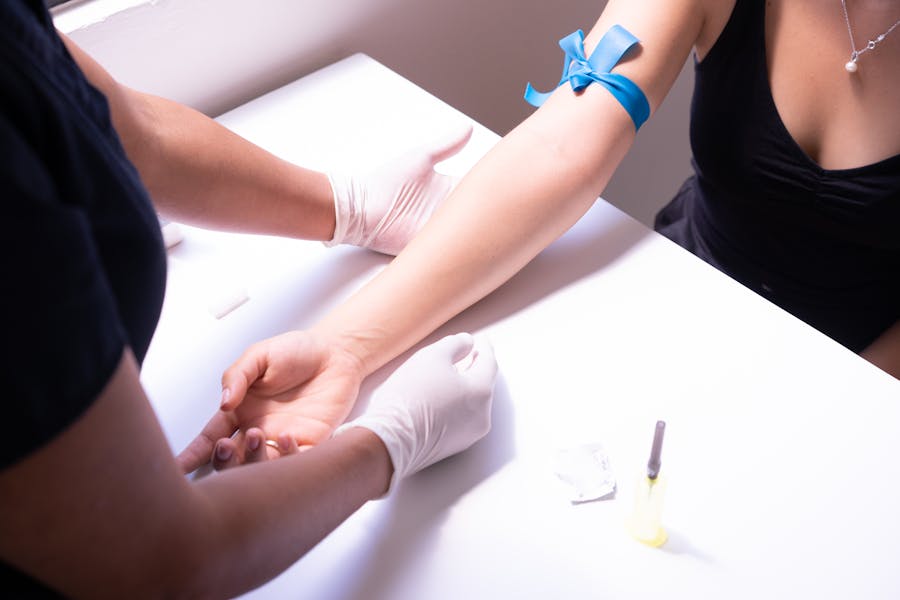In the realm of healthcare, a paradigm shift is underway from reactive to proactive approaches, with a focus on predictive disease prevention. This innovative approach leverages advanced diagnostics and personalized medicine to identify and prevent health issues before they manifest, shaping a future where individuals can enjoy longer, healthier lives.
At the core of predictive disease prevention is the concept of personalized medicine, which takes into account an individual’s unique genetic makeup, lifestyle, and environmental factors to tailor prevention and treatment strategies. This personalized approach allows healthcare providers to identify individuals who are at high risk for certain diseases and intervene early to prevent their development.
One of the key tools in predictive disease prevention is advanced diagnostics. These technologies, such as genetic testing, biomarker analysis, and imaging techniques, allow healthcare providers to identify early signs of disease or risk factors before symptoms appear. For example, genetic testing can reveal predispositions to certain diseases, while biomarker analysis can detect early signs of conditions like cancer or heart disease.
By identifying these early warning signs, healthcare providers can implement targeted interventions to prevent disease progression. This might include lifestyle modifications, such as changes to diet and exercise, or the use of preventive medications. In some cases, more aggressive interventions, such as surgery or advanced therapies, may be warranted.
The impact of predictive disease prevention extends beyond individual health to public health as a whole. By identifying and preventing diseases before they become widespread, healthcare systems can reduce the burden on resources and improve overall population health. This proactive approach has the potential to not only save lives but also reduce healthcare costs and improve the quality of life for millions.
While predictive disease prevention holds great promise, it also raises ethical and societal questions. As we gain the ability to predict and prevent diseases, who should have access to this information? How do we ensure that interventions are implemented equitably and without unintended consequences? These are complex issues that will require thoughtful consideration as predictive disease prevention becomes more widespread.
The predictive disease prevention represents a significant advancement in healthcare, offering the potential to reshape the way we approach health and wellness. By leveraging advanced diagnostics and personalized medicine, we can identify and prevent health issues before they arise, leading to longer, healthier lives for individuals and populations alike. As research in this field continues to advance, the possibilities for predictive disease prevention are endless, offering hope for a future where disease is no longer a major threat to our health and well-being.
LCC is here to support you on your journey to optimal health. If you are a cancer survivor, have cardiac issues, or diabetes, are in recovery from a debilitating illness, or settling into your newfound healthy lifestyle, our wonderful staff of medical professionals can help you look good, feel great, and live optimally!







